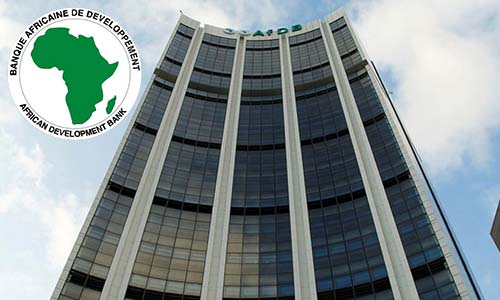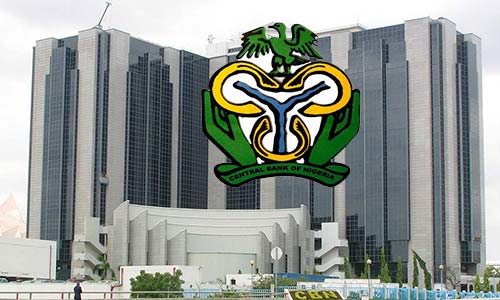Banking and Finance SECTOR INSIGHT 27/06/2022
AfDB: Access To Finance for Women Will Transform Africa’s Food System

The African Development Bank Group (AfDB) says access to finance for women will bolster inclusivity in Africa and narrow the global hunger gap.
Marie-Laure Akin-Olugbade, director-general, West Africa regional development and business delivery office of the bank, said this in a telephone interview with NAN on Sunday.
Quoting Africa’s gender index, Akin-Olugbade said only 23 percent of women have access to finance in the continent.
She said the bank, in partnership with its partners, had rolled out the Affirmative Finance Action for Women in Africa (AFAWA) to bridge the finance gap.
“AFAWA is a pan-African initiative, which we have gotten partners to join the initiative, and the objective is to bridge the $42 million financing gap,” she said.
“We are going to leverage on a number of financial instruments to add advisory services to really ensure successful implementation of the projects that we are going to deploy.
“We are going to provide technical training for women entrepreneurs and managerial skills.
“We really believe that with some of these activities, working with the government to support legal, policy, and regulatory reforms will really help to reduce barriers to women in finance.
“This is one of the initiatives that we need to bridge the finance gap women are facing.”
Akin-Olugbade added that the bank had approved close to half a billion dollars of lending to 2,000 women entrepreneurs.
She said the AFAWA initiative is working on a two-year advisory project in Cote d’Ivoire in consultation with the government and some financial institutions to empower women.
“We are going to have more than 300 women farmers-led organisations in the crops sector, and the women cooperatives will be linked to agriculture finance and digital platform so that they will be able to market their agriculture products,” Akin-Olugbade said.
“This way, post-harvest losses can be reduced quickly.
“We are also in partnership with Ecobank in Ghana to change the agriculture landscape to transition women entrepreneurs into the formal sector.
“What we have in Ghana is the $20 million AFAWA project that we call financing climate-resilient agriculture practices.
“In this project, we are targeting about 400 women-led small and medium enterprises, and with this, we can have a multiplier of 100 because we think we can reach about 400,000 beneficiaries.”



